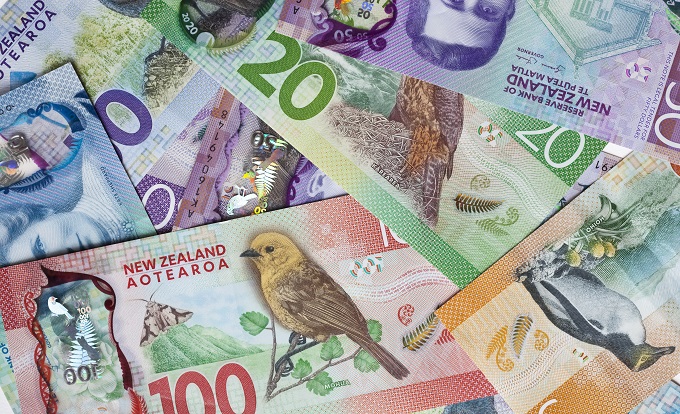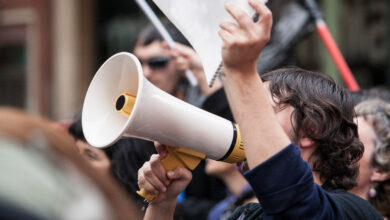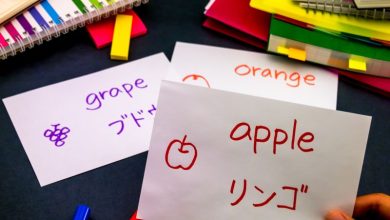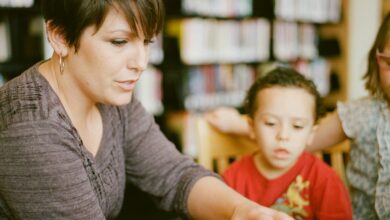Teachers invited to upskill and compete at first teachers’ games
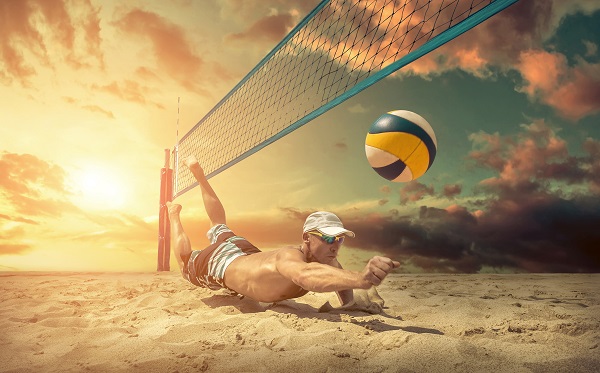
Teachers who want to improve delivery of school sports programmes can compete, play and learn at this year’s inaugural New Zealand Teachers’ Games.
Sport is a huge part of the educational landscape in New Zealand schools – and not only because of its physical benefit. Research consistently links participation in sport to increased self-esteem and mental alertness, and it also enables students to develop their sense of belonging both within the school and the wider community.
Sport is great for teachers, too, so much so that the New Zealand Secondary Schools’ Sports Council (NZSSSC) is launching the New Zealand Teachers’ Games (NZTG). The inaugural event is scheduled for the 2017 term three holidays, October 1-3, in Mt Manganui.
The NZSSSC took its inspiration from the Victorian Teachers’ Games in Australia which has been running for 21 years and attracts around 3,000 participants.
“It’s an opportunity for teachers and support staff to have some fun with their colleagues, to compete seriously or socially and to enjoy each other’s company on and off the sports field,” says Garry Carnachan, executive director of NZSSSC. “Staff can relax and network, socially and professionally.”
Mr Carnachan says the games are a huge morale booster for teaching staff. “I’ve spoken to lots of teachers who’ve taken part in the Victorian games and they really love it. Many schools use it as a team building exercise, adding a day to the trip to use for professional development.”
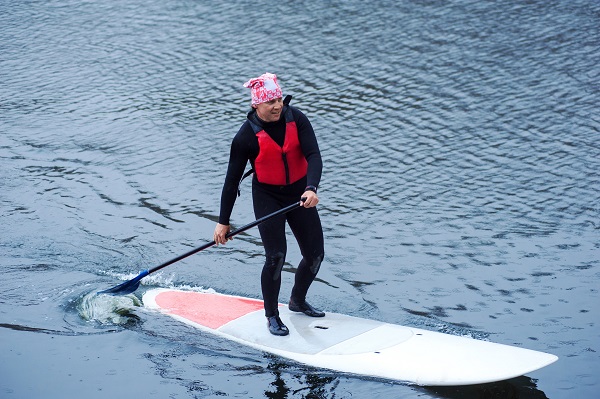
The initiative has been welcomed by the ExerciseNZ. Chief executive Richard Beddie says: “It’s so important for anyone involved in sport in schools to be actively involved themselves. It’s good role modelling and teachers will feel more comfortable about encouraging students to play sport if they play themselves.
“If there’s one thing that PE teachers can do for children, it’s to instil the value of being active. That’s better than being the fastest runner or being on the rugby team. Those things are great, but they’re for a subset of children. Competition is fine, but it’s not for everyone. Participation is important, too.”
The NZTG are open to anyone on the payroll of early childhood, primary and secondary schools in New Zealand, and will include a vast array of events. There will be a King/Queen of the Mount race for serious runners, a Round the Mount relay, and a sprint race to unearth New Zealand’s Fastest Teacher.
Team sport options include netball, beach volleyball, bowls, badminton, basketball, touch rugby, hockey and dodgeball, and there are Try-A-Sport opportunities for waka ama and paddle boarding.
Social activities are planned too – a Great Race which includes problem solving challenges, trivia nights at the Mt Maunganui Club and live music at local pubs.
Mr Carnachan says the games are designed to be inclusive with options for competitors of all levels of ability and fitness. “Teachers can experience all the fun that being physically active and part of a team can bring.”
Participation in sport can contribute to academic and social outcomes with clear links to key curriculum competencies such as relating to others, participating and contributing, and managing self, he says. “The NZTG aims to encourage teachers to be a part of providing quality school sport opportunities for their students so that students, teachers, schools and communities can reap these rewards.”
Professional development
The other side to the games is to develop teachers’ confidence in delivering and leading sporting opportunities for students. Competitors can take professional development on offer at every sport, such as:
- delivery of intra-school competitions including material on rules and coaching
- local contact information for each region in New Zealand
- coaching and/or officiating component to the programme and/or links to regional/local training opportunities.
Sports that are trending with young people but new to most teachers, such as waka ama, will be offered on a non-competitive basis to provide teachers with experience and confidence in working with students.
Resources
Expert advice and material will be available from the games headquarters, and will include:
- The Physical Literacy Approach (SportNZ). The national approach to developing confidence and love of physical activity
- Sport in Education (SportNZ). The opportunity for sport to improve academic and social outcomes, to engage young people in their learning to contribute to the outcomes of the New Zealand Curriculum
- Quality Physical Education (PENZ). Support available for teachers in delivering quality physical education
- Coaching Programmes for Teachers (SportBOP). Awareness of the opportunities to learn to coach young people delivered by RSTs throughout NZ.
For more information and to register, go to http://www.sporty.co.nz/nztg or go to the New Zealand Teachers’ Games page on Facebook.

